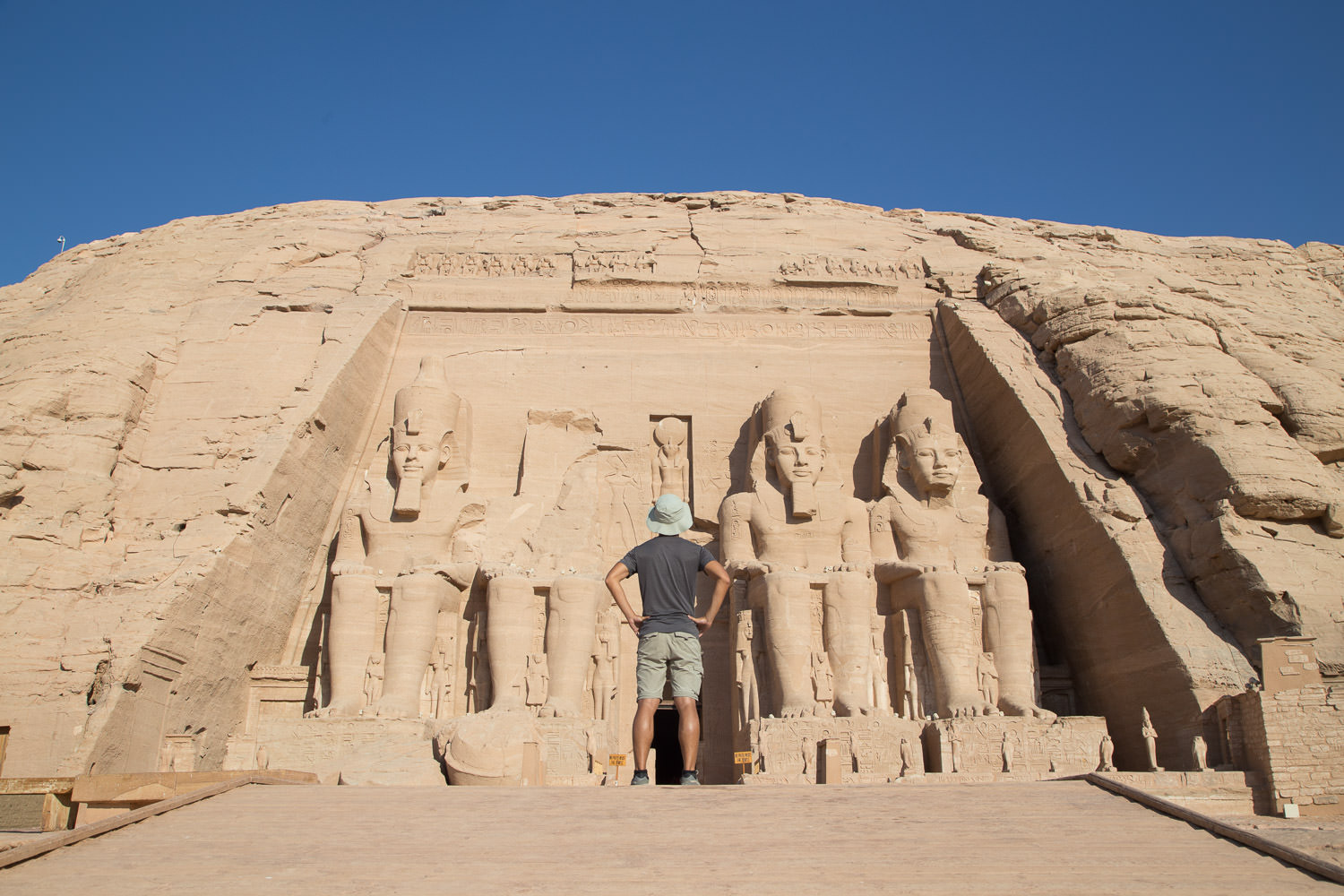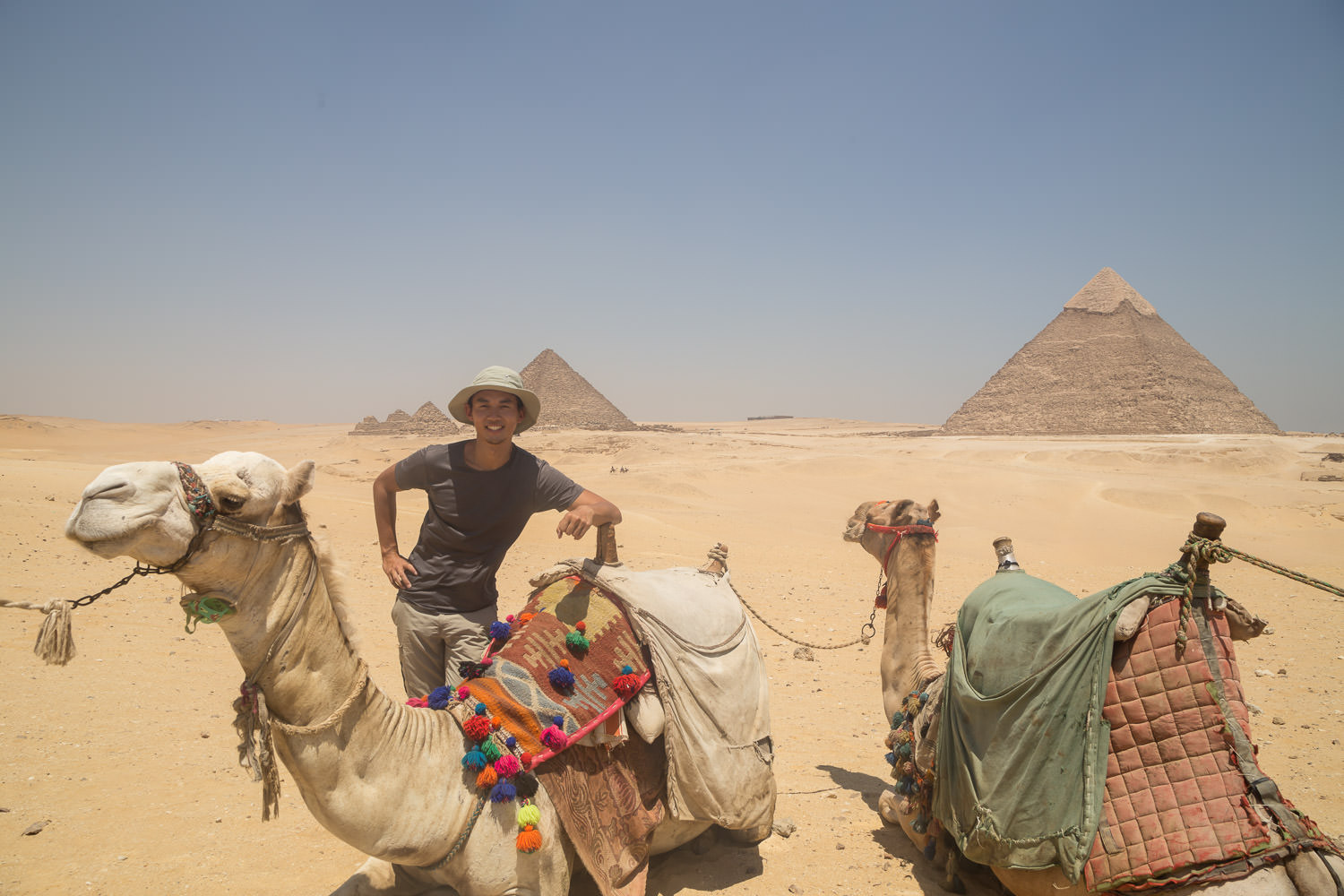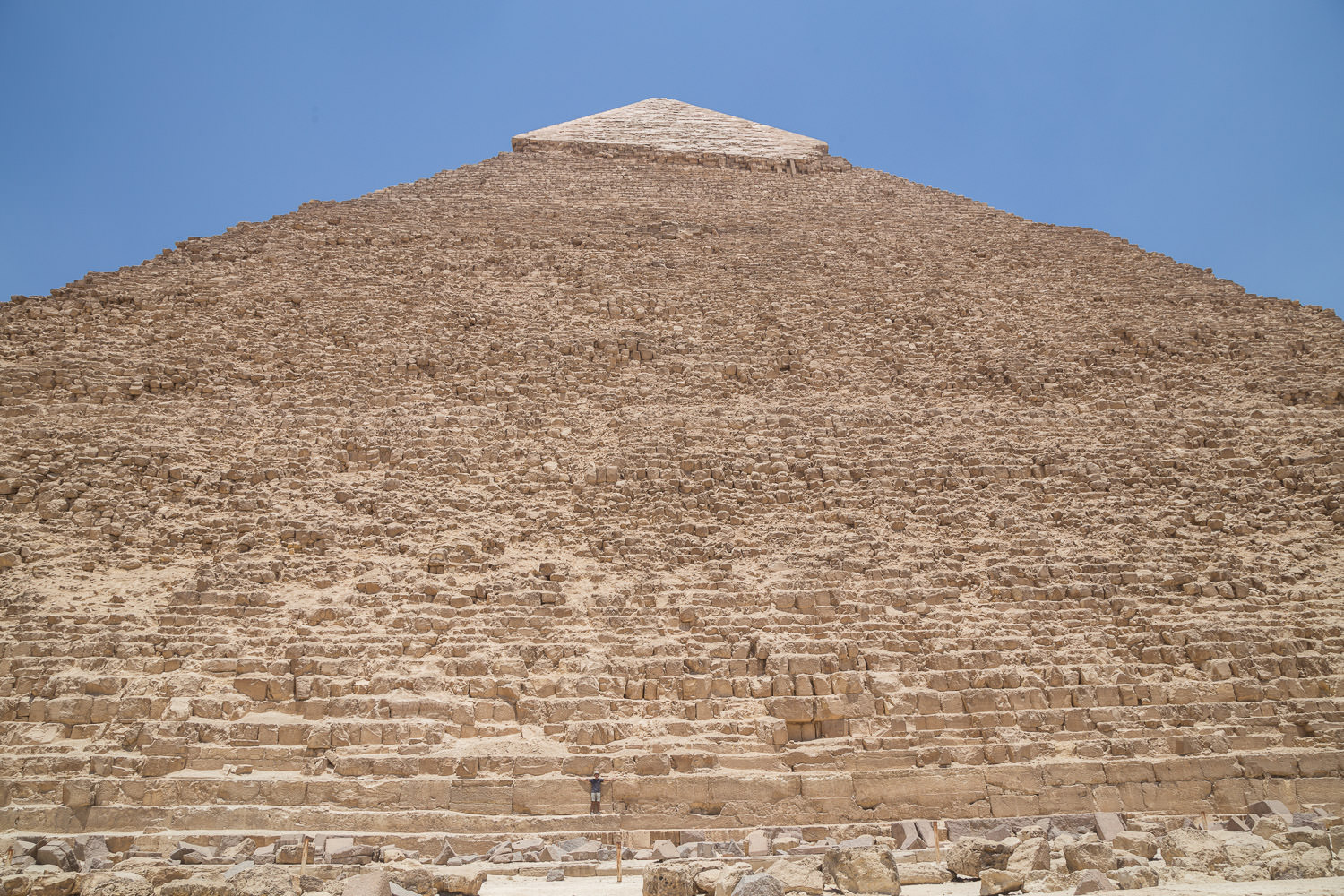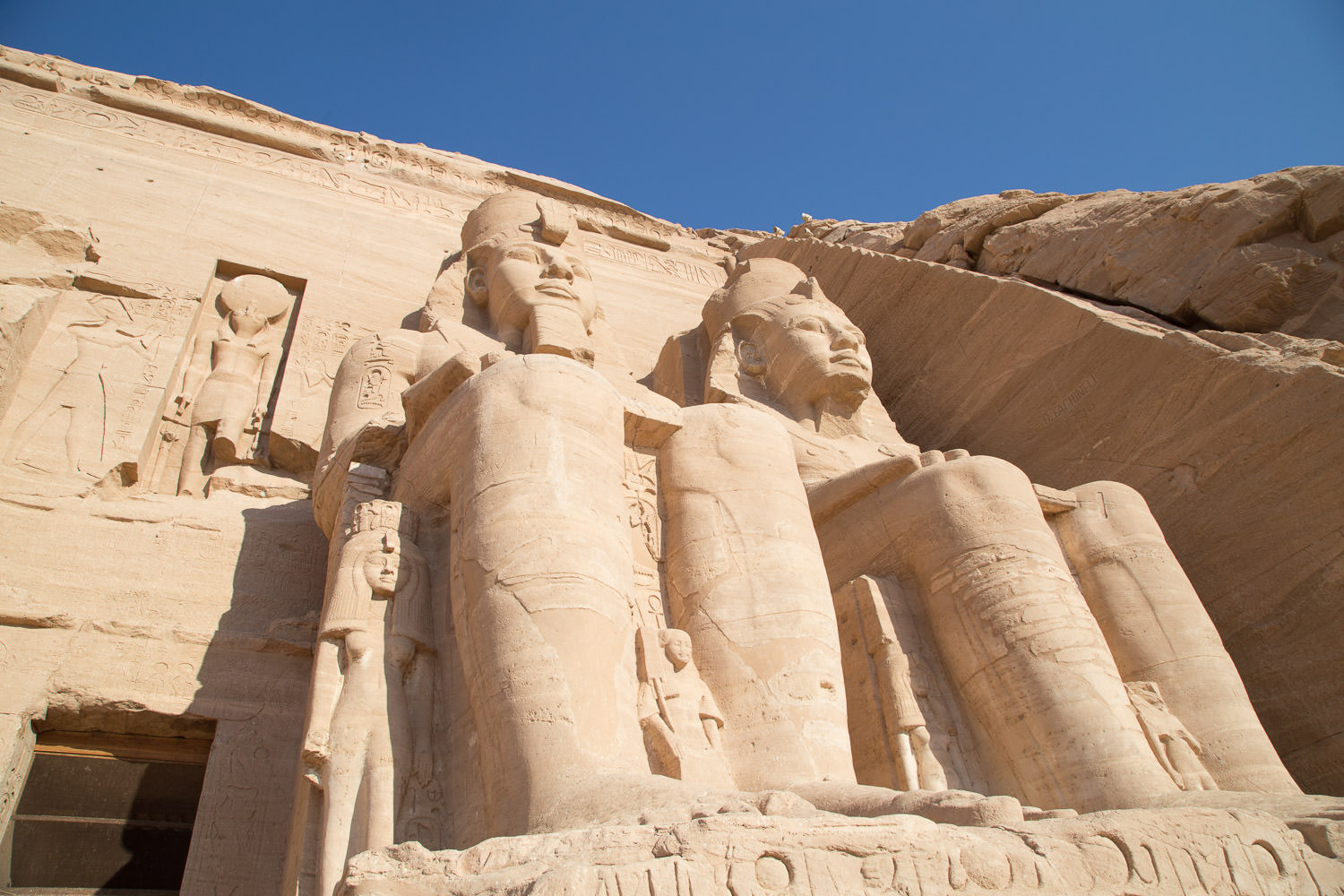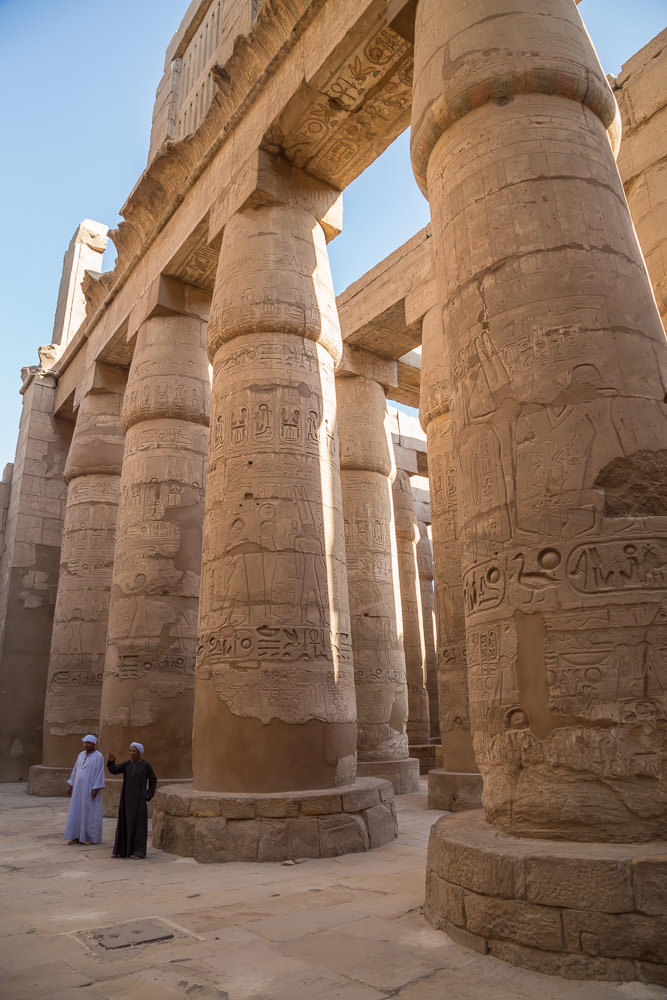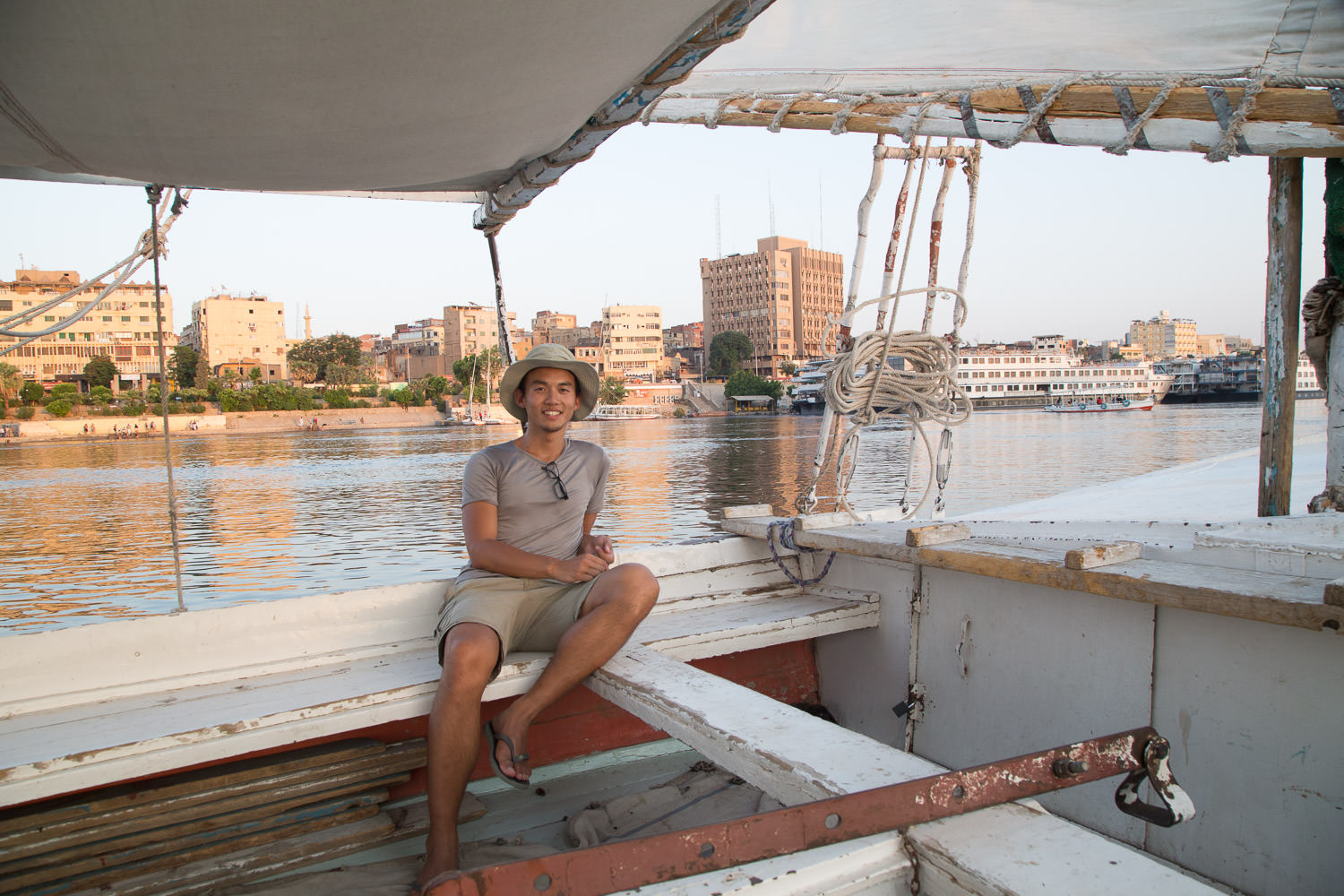Update (11/11/17)
It's been over 2 years since I first came into contact with human-elephant conflict in Zambia...and watching Netflix's The Ivory Game (Leonardo DiCaprio) last night just brought back me. And it's great to see the progress that's been made...with China announcing it will shut down its ivory market by the end of 2017.
It felt like yesterday when Sandy saved me from walking into a herd of elephants at night, and that was the start of my appreciation and love for elephants. While I grew up 3 blocks from the San Francisco zoo, it's something else when you see these gigantic mammals roaming in the wild. The last of the dinosaurs.
And it really is sad to hear that there are only around 350,000 elephants left in Africa (compared with 10 million in 1900) with an annual decline of 27,000...which means that the extinction of the elephant may be possible during our lifetimes.
What many don't know is that human-elephant conflict in villages catalyzes poaching. As long as villagers continue growing up thinking elephants are the enemy, poaching is going to be accepted. There was a scene in the documentary where elephants were raiding a village (for food) at night, and the ravenous, weapon-wielding villagers gathered shouting:
Luckily, these animals were saved by the crew. The most viable solution right now is electric fences, but that is extremely costly. It will continue to be a long fight to come...but a much needed one.
(May 2015)
Issue:
In Africa, human populations are growing faster than elephant populations, leading to degradation of elephant habitats and increased conflict between elephants and small scale farmers. Elephants are being squeezed into smaller and smaller habitats, while farmers continue to plant crops that elephants like to eat. As a result, elephants have raided and destroyed 100% of the harvests for many subsistence farmers while contributing to increased violence between humans and elephants.
Why it matters?
Solving the issue between human elephant conflict can contribute to a resurgence of the African economy by increasing value in agricultural crop yields, while mitigating potential violent encounters between humans and elephants. And because elephants are vital to the ecological landscape, a solution can also yield environmental and wildlife benefits.
Background
When Sandy Simpson read a National Geographic article in the early 2000s that stated the animal population had been decimated by 90% in the past century, he packed his bags, sold his business in Europe, and moved back to his hometown in Kenya to work in animal conservation.
For the last 2 years, he’s been working to solve the human elephant conflict in Zambia with his NGO, Green Rural African Development (GRAD). If you zoom into where rural African villages are located on Google Earth, you will find that many villages are located on or near the premises of a national park or in other words, humans and animals cohabit. This has resulted in years and years of conflict between humans and elephants, a problem that remains unresolved.
Zambian Wildlife Authority’s (ZAWA) response to this problem? Issue fireworks to local farmers to scare away the elephants. However, this created another set of problems – fireworks were dangerous and only a temporary fix. Thus, Mr. Simpson thought the best solution was prevention. His first project involved a local farmer, Robby, whose farm had been devastated by elephants for the past 10 years, leading to starvation and his family’s departure from farming in Livingstone, leaving him to solely end to the farm. Mr. Simpson started with simple string and reflective tape surrounding Robby’s farm, which provided instant results – elephants saw the reflective tape and string at night and immediately turned back. This is Robby’s story…
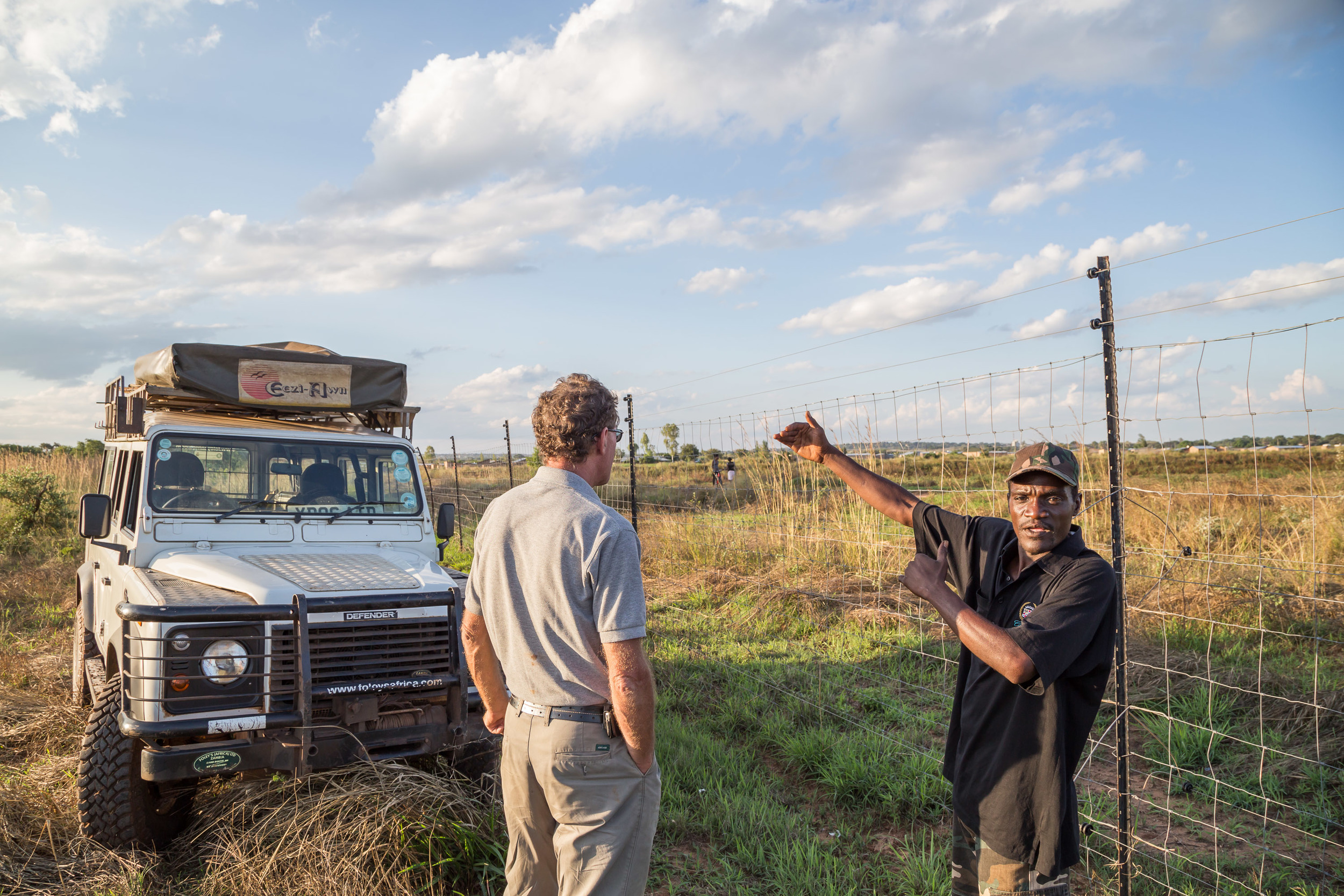

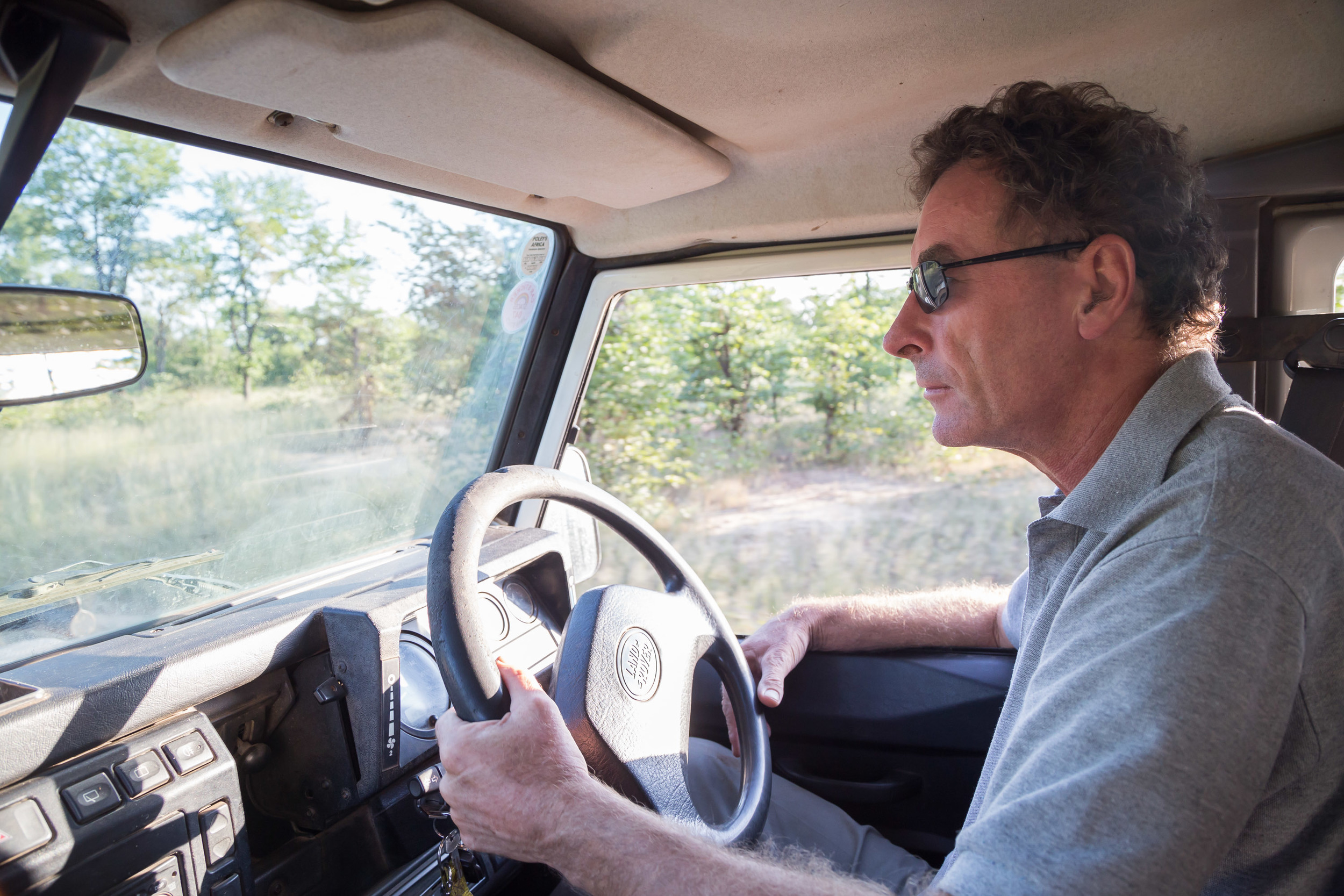
Robby’s Story
Robby’s family started a career in farming 30 years ago in Maloni Village, a community of 6,000 people within Livingstone. The first 10 years proved to be successful with limited conflict between humans and animals – the harvests were successful. Then, the elephants started coming. And for the next 20 years, they raided and destroyed the village crops every night. The maize. The okra. The tomatoes. Everything was gone even before the harvesting season began, forcing farmers to harvest long before crops were ripe for picking.
As a result, Robby’s family and most farmers in Maloni Village, never had a successful harvest in the past 20 years. And because most of these farmers are subsistence farmers, lack of crops also meant starvation at times. Zambian Wildlife Authority (ZAWA) could only do so much as to provide fireworks to scare off the elephants. However, according to Robby, fireworks never solved the problem and only scared off the elephants temporarily. In fact, fireworks were extremely dangerous. Robby’s brother attempt to scare off the elephants one night with fireworks was disastrous – the fireworks blew up in his hand and caused serious injury. In addition, elephants entering human settlement has also caused for serious danger stemming from human elephant conflict. While elephants are peaceful animals at heart, when taunted to an extent, they can become violent and have caused serious injuries and even human deaths.
This forced Robby’s family to abandon the farming business 7 years ago to find greener pastures elsewhere, leaving Robby to independently take over the farm. He continued to struggle until 2014, when Green Rural African Development (GRAD) Founder, Sandy Simpson, decided the best solution was the prevention of human elephant encounters. Mr. Simpson decided to fence off Robby’s farm with string and lights, which produced immediate results as elephants saw the tape at night as a warning sign. While effective, there was still a big problem – villagers continued to steal the lights. Thus, Mr. Simpson decided it was most effective to install an electric fence system around Maloni Village to block out the elephants. The results were effective and incredible. Elephants would come at night but stop at the sight of the reflector tape and electric fence. So far in 2015, there have been no human elephant encounters in Maloni Village.
With the elephants gone, Robby’s family decided to move back into the farm. And with newfound confidence, they decided to expand the farm to include a chicken house, pig house, and new varieties of crops. Previously, they had only focused on maize, acra, and tomato. However, they have now expanded to include eggplants, bananas, guavas, and sunflower to name a few. Robbie says the market demand is there but the supply is not, so they even have plans to acquire new farmland to meet the demand. In addition to feeding their family, they are now selling their crops in the village market and town, generating revenues of over $150 per month (vs. $0 same period last year). With newfound confidence now that their crops are safe from elephants, they have a target of $550 per month by year-end.
Why Is It Important?
Mr. Simpson’s work in human elephant conflict has directly and indirectly helped and benefitted thousands of people in Livingstone. Subsistence farmers are now not only able to feed and support their families but create a living off selling their crops, resulting in a boost to the local economy.
Who else benefits? Large supermarkets no longer have to import vegetables and fruits from hundreds of miles away, potentially saving them thousands of dollars in transportation costs – they can now buy directly from the local farmers for a cheaper price in addition to fresher produce. Buying locally also mitigates the risk of potential losses or lag time from transportation. Locals and tourists also benefit – supermarkets may pass on the savings in lower produce costs and fresher produce. Finally, a reduction in human elephant conflict means less potential violence, which may lead to a revival of the elephant population stemming from a better relationship amongst humans and elephants.
What are the Challenges?
Mr. Simpson is currently a one-man team with the help of several volunteers. While human elephant conflict is a major problem in Africa, efforts to resolve the problem are minimal; Mr. Simpson is currently the only known person in Africa fully dedicated at resolving the problem.
“It’s a very simple solution, anyone can do this. But we need money and support.”
Mr. Simpson has been currently funding the project with his personal savings, having spent over an estimated $250,000 in personal savings in the past several years. What are the costs? It takes an estimated $1,000 per kilometer of electric fence. Take into account the thousands of kilometers surrounding conflict farms, and you will get an amount surpassing the millions.
Final Thoughts
The problem between humans and elephants in Africa is clear and a big one. However, it is a big problem with a simple solution. While educating the public about the importance of ecological sustainability is a much bigger issue, a practical and implementable solution right now is prevention as there is no barrier separating elephants and farms. One risk is the possibility of snaring, but it is trivial in the overarching problem between humans and elephants. Furthermore, electric fence voltage is only high enough to shock the elephants from entering and is not lethal; elephants are also trained to steer away from fences.
Solutions in Africa have to be simple. Mr. Simpson has proved this to be true and has effectively improved the lives of thousands of people in Zambia. He has plans to develop additional preventative measures, such as buzzing infrasound devices on the fences (elephants hate bees). But he needs money and more importantly, support. This is a problem that affects thousands of farmers directly and millions of people indirectly. The perfect solution may not exist but the best solution at the moment is prevention.
If you would like to find out more about Mr. Simpson and GRAD’s efforts, please visit www.gradinternational.org







